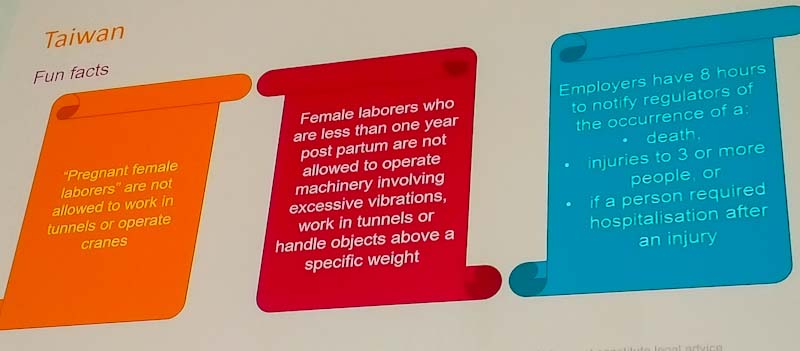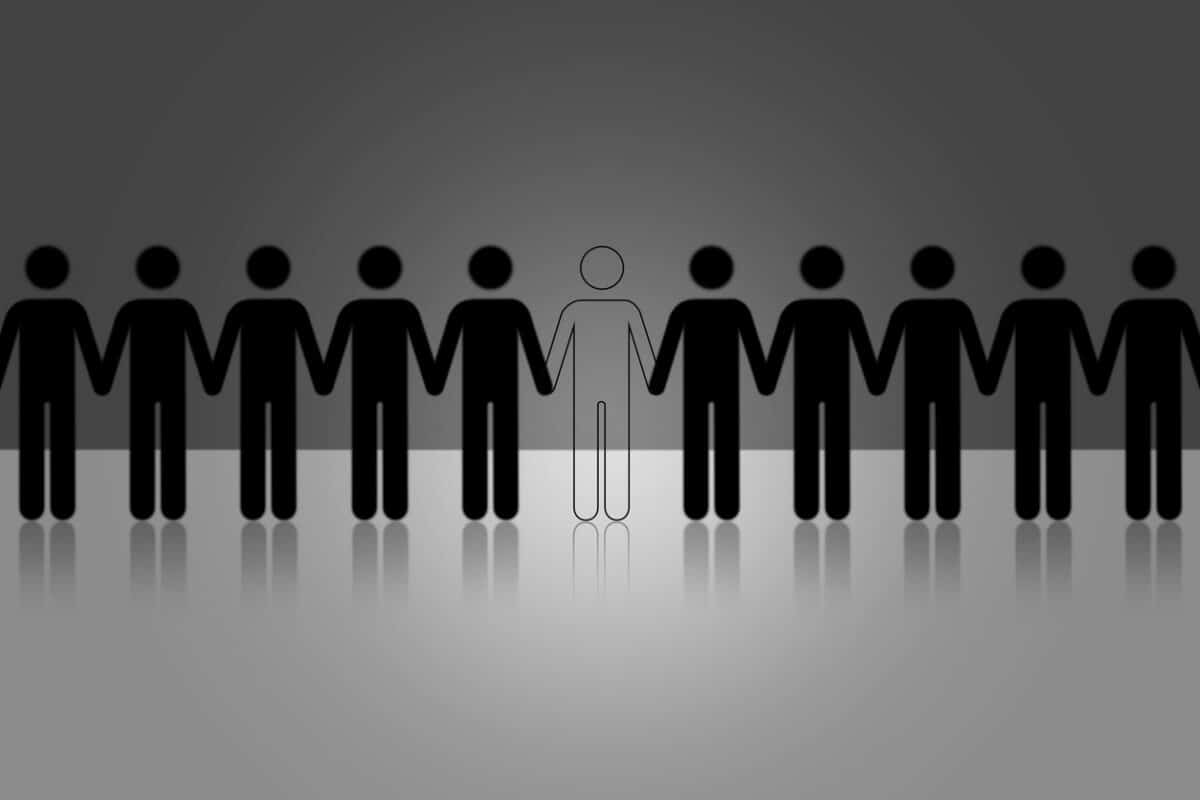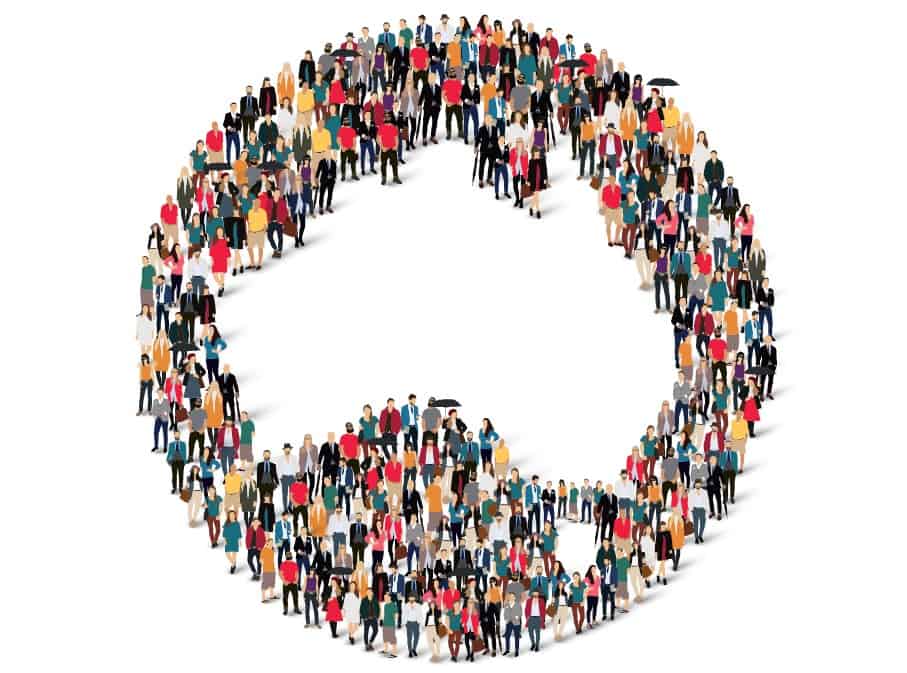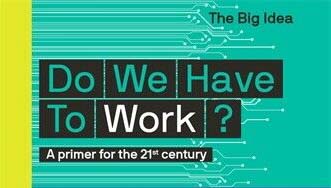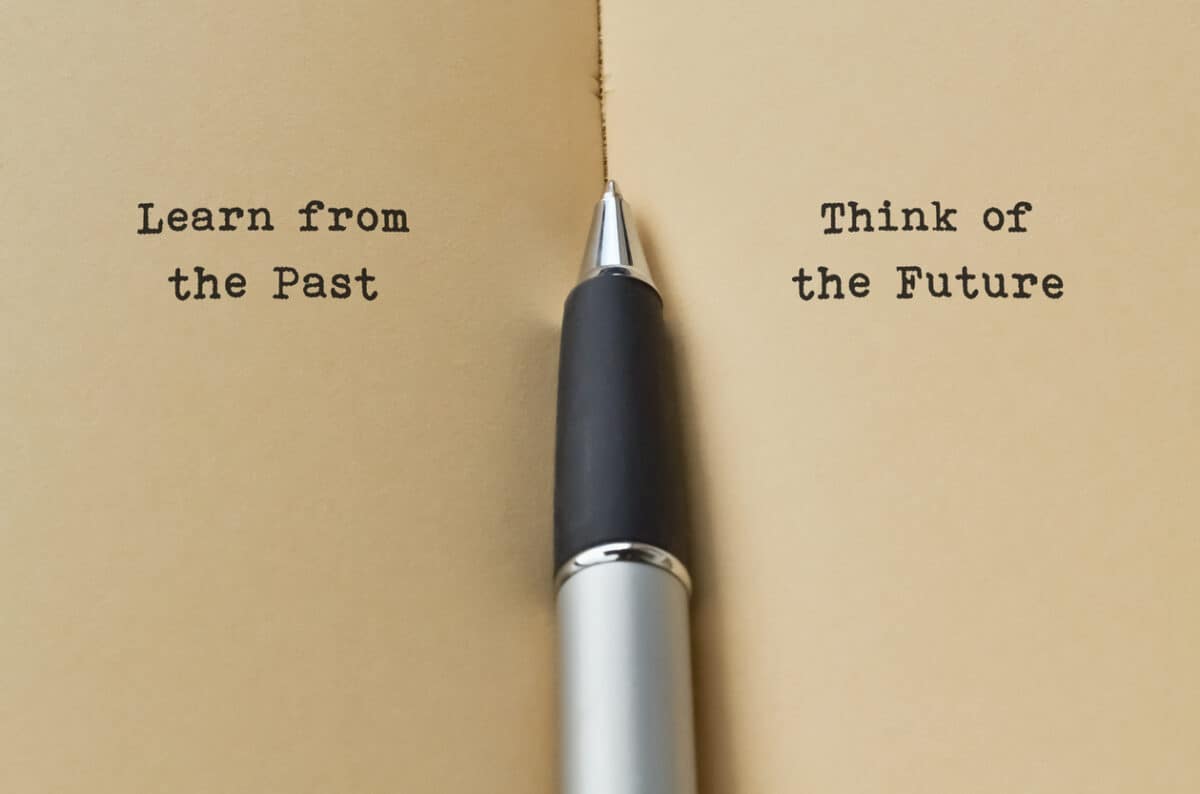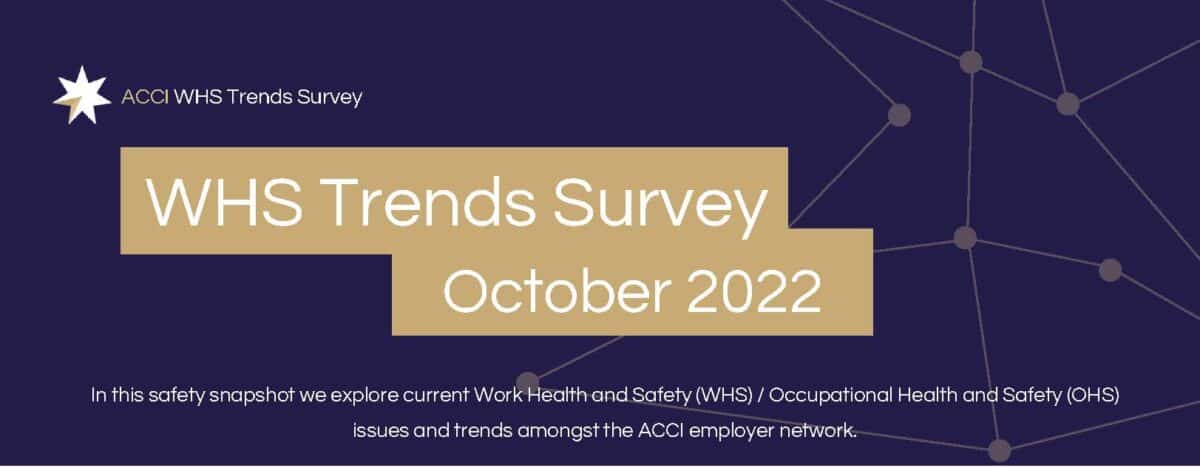November 2022 was a very busy month of politics (and a football World Cup) which distracted many of us from our usual monitoring of OHS announcements. Below is a summary of some of those from the last couple of weeks.
The South Australian Parliament has sent its Work Health and Safety (Crystalline Silica Dust) Amendment Bill to the Parliamentary Committee on Occupational Safety, Rehabilitation and Compensation for inquiry and report.


